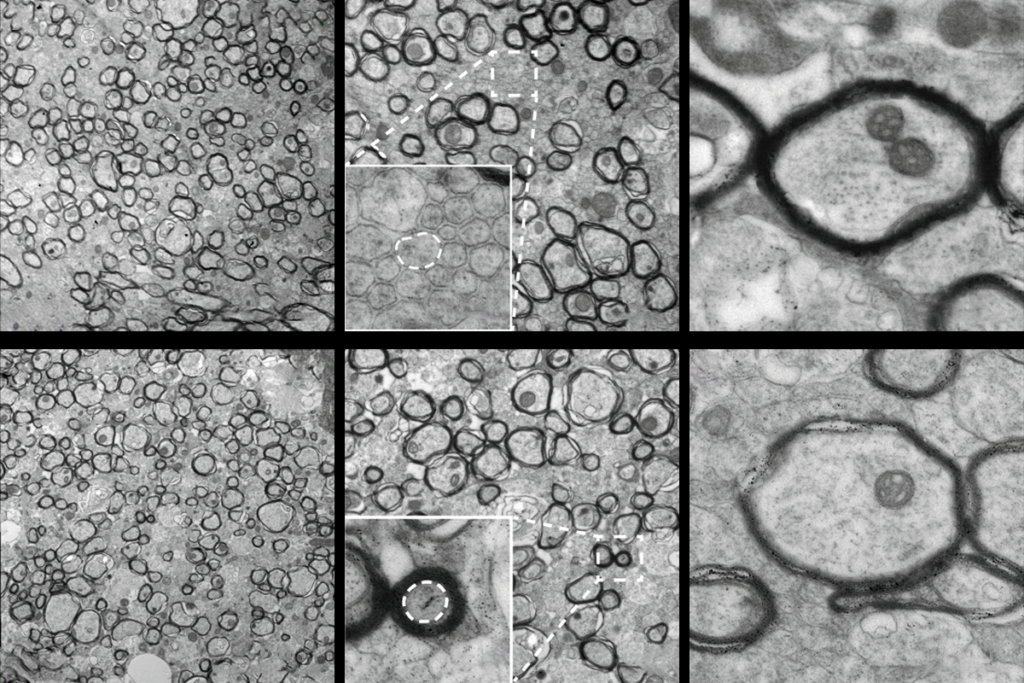Almost every human cell teems with a potpourri of tiny powerhouses: mitochondria. Up to thousands of them. These organelles use oxygen to convert the nutrients from the food you eat into a form of energy the body can use. The brain consumes a lot of this energy — about 20 percent. Could changes in mitochondria, then, affect how the brain functions and contribute to autism? Read the related article, Meet the ‘mitomaniacs’ who say mitochondria matter in autism.
Mitochondria: An energy explanation for autism
People with autism have more mutations than others do in both mitochondrial DNA and nuclear DNA that affects mitochondrial function.
By
Laura Dattaro
22 November 2021 | 3 min watch
Illustration by Mengxin Li
Recommended reading

Sex bias in autism drops as age at diagnosis rises
By
Helena Kudiabor
13 February 2026 | 4 min read

Microglia implicated in infantile amnesia
By
Lauren Schneider
12 February 2026 | 5 min read
Explore more from The Transmitter

This paper changed my life: Ishmail Abdus-Saboor on balancing the study of pain and pleasure
By
Ishmail Abdus-Saboor
13 February 2026 | 7 min read

Oligodendrocytes need mechanical cues to myelinate axons correctly
By
Calli McMurray
11 February 2026 | 5 min read
Modern AI is simply no match for the complexity likely required for harboring consciousness, says Jaan Aru
By
Paul Middlebrooks
11 February 2026 | 1 min read
Cite this article:
